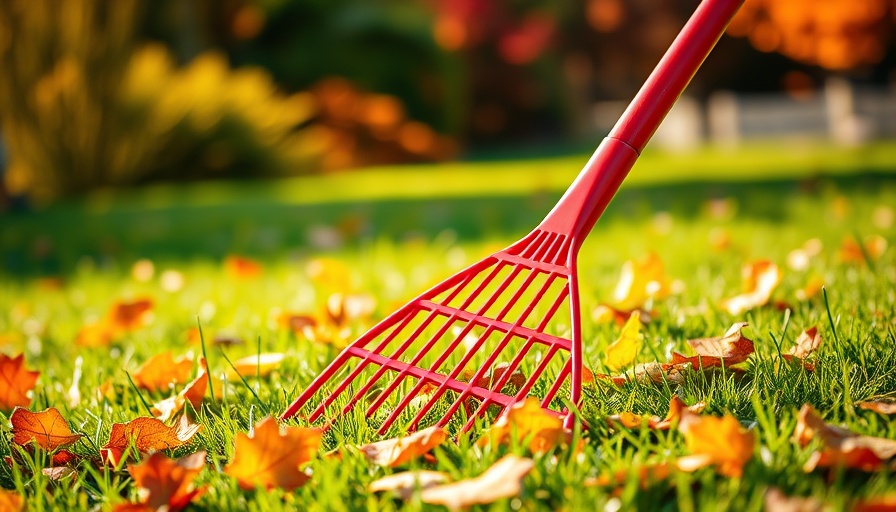
Why You Should Stop Raking Leaves This Fall
As summer gives way to the vibrant hues of fall, many homeowners feel the urge to grab their rakes and tidy up their lawns. However, it may be time to rethink this traditional ritual. By choosing to leave those fallen leaves where they lie, you not only enhance the health of your lawn but also contribute positively to local wildlife.
Rethinking Leaf Management
Historically, raking leaves into neat piles and sending them off to the dump became the norm in post-war America, partly due to the rise of the suburban ideal. However, this practice disrupts natural ecosystems and contributes to significant waste. According to environmental experts, over 10 million tons of yard waste end up in landfills each year, exacerbating the nation’s waste crisis. By evaluating this landscape, it’s clear that the necessity of a perfectly manicured lawn is a relic of the past.
The Benefits of Not Raking
One of the most surprising advantages of leaving your leaves is the environmental benefit. When leaves decompose, they act as organic mulch, enhancing soil health with essential nutrients. This natural process helps improve the structure of the soil, reducing the need for chemical fertilizers that can harm the ecosystem.
Additionally, leaving leaf litter undisturbed creates a habitat for insects, offering vital overwintering sites that birds rely on in the spring when other food sources are scarce. Embracing this approach supports biodiversity, as decomposed leaves attract beneficial insects that play integral roles in a balanced ecosystem.
Reducing Strain and Injury
As we age, the physical demands of raking can lead to injuries. Back strains and other health concerns are common complaints among those who engage in this activity. Allowing leaves to remain on the ground can significantly reduce physical strain, leaving homeowners more time for enjoyable fall activities like hiking, baking, or simply enjoying the seasonal beauty.
Best Practices When Leaf Coverage is Thick
It’s important to note that if your yard is overwhelmed with a thick layer of leaves, some intervention may be necessary. A light layer can serve as natural mulch, but excessive leaf coverage can choke your grass. If you find yourself in this situation, consider mulching the leaves with a mower, chopping them into smaller bits that will break down quicker, enriching the soil without the need for extensive removal.
Understanding Environmental Impact
Your small choice to leave leaves can make a significant impact not only in your garden but in the wider environmental narrative. By reducing your waste and allowing nature to take its course, you contribute to a larger, sustainable practice that encourages ecological balance. Think of it as a simple yet powerful way to champion a healthier planet.
Final Thoughts
This fall, take a moment to enjoy the changing seasons without the burden of raking. Embrace nature’s rhythm and revel in the benefits of leaving your leaves. Not only does it promote the health of your lawn, but it also fosters a thriving ecosystem right in your backyard. So put your rake down, breathe in the brisk fall air, and enjoy the season!
If you’re interested in making a positive change for your lawn and the environment, consider opting for this sustainable leaf management approach. You’ll thank yourself next spring when your yard is greener and more vibrant than ever.
 Add Row
Add Row  Add
Add 




Write A Comment